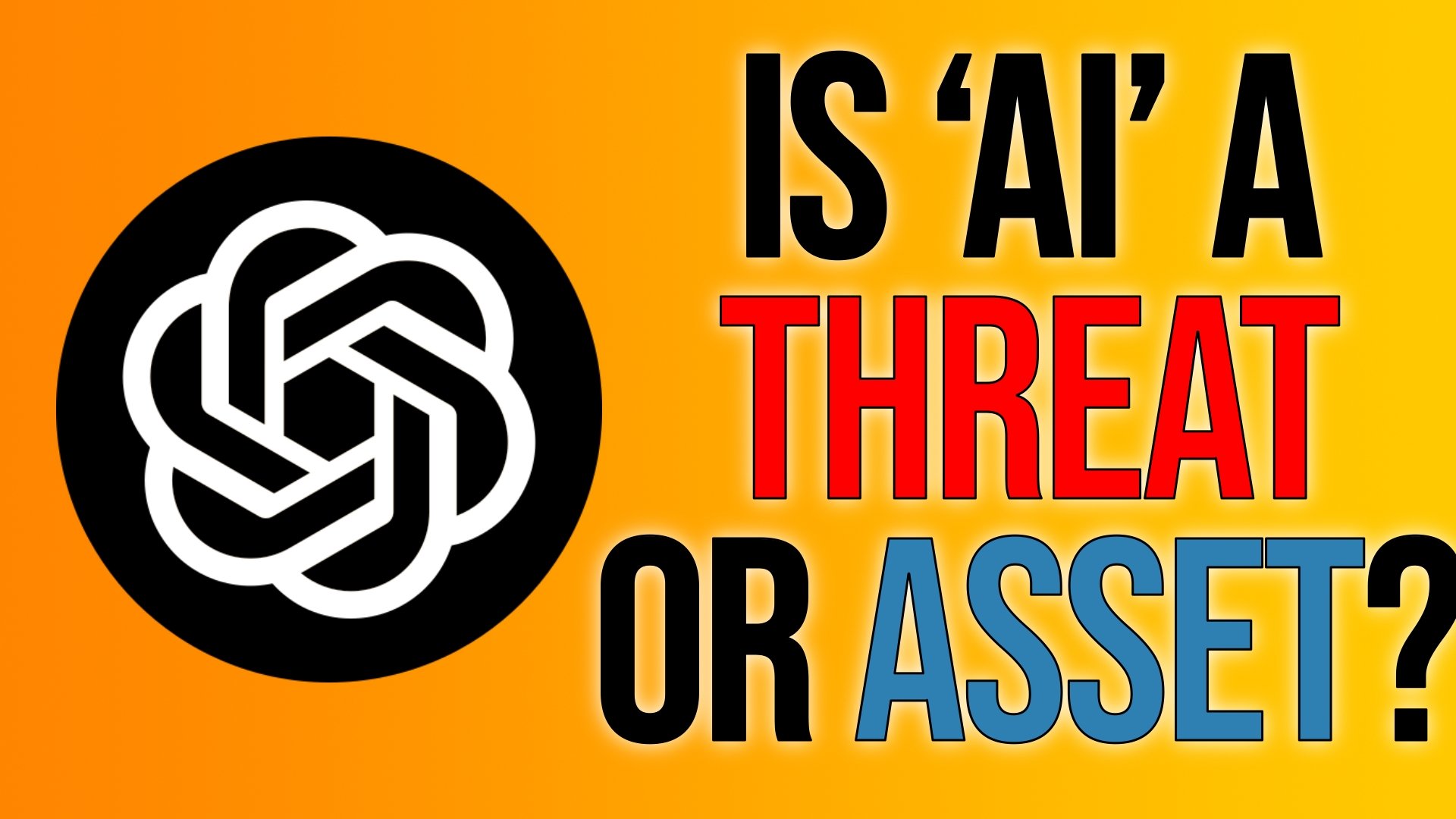Most popular content
Newest content

How Netflix's "Next Episode" Psychology Closes B2B Deals
A prospect read nine articles and still bought from your competitor because your content is organized like a 1995 hard drive. This post shows how to transform your digital junk drawer into guided journeys that generate millions in pipeline using Netflix's binge-ability principles.

How to *Actually* Generate Pipeline in 2026
If your 2025 content marketing produced vanity metrics instead of pipeline, the problem is likely your system. This post breaks down the four-phase approach that's helped our clients generate seven-figure pipelines while the landscape shifted under everyone's feet.

Why B2B Buyers Trust Your Voice More Than Your Marketing
A $200M deal died because the CFO's golf buddy never heard of the vendor. Your sales team can't reach the hidden buyers who kill 40% of enterprise deals—but your executives can. This post reveals why executive silence is more expensive than bad marketing.

More content won't fix your lead problem. Build this instead.
Your marketing team published 147 pieces of content but your pipeline is empty because you're running a content museum, not a revenue system. This post shows you how to transform scattered assets into content stacks—connected pathways that actually guide buyers from problem to purchase.

Your CTAs Are Killing Your Conversions (Here’s What to Say Instead.)
Your website isn't converting because your CTAs are generic. "Learn More," "Get Started," and "Submit" are killing your funnel. This post shows you exactly which CTAs to kill and what to replace them with—so your website actually generates leads instead of just taking up space.

Publishing 3x per week and still no leads? Your content strategy is broken.
If your traffic is down and your blog queue isn’t converting, the problem isn’t frequency—it’s focus. This post walks through how to ditch the content calendar and build a sales content system that actually earns leads and closes deals.

Your $100K website just lost to a 7-page PDF
If your homepage isn’t converting, don’t start with a redesign. Start with a lead magnet. This post explains why one targeted, measurable asset can outperform your entire site—and how to build it in a weekend.

Why your “impressive” website is USELESS
If your website isn’t helping you learn what works, it’s not helping you sell. This post shows how to turn your static site into a living system—one page, one offer, and one measurable improvement at a time.

You have 47 PDFs and zero pipeline. Congrats.
If your content is just “there,” it’s not working. This post lays out the simple, scalable funnel we use to turn isolated content pieces into a 7-figure pipeline machine—with lead magnets, landing pages, and follow-ups that actually convert.
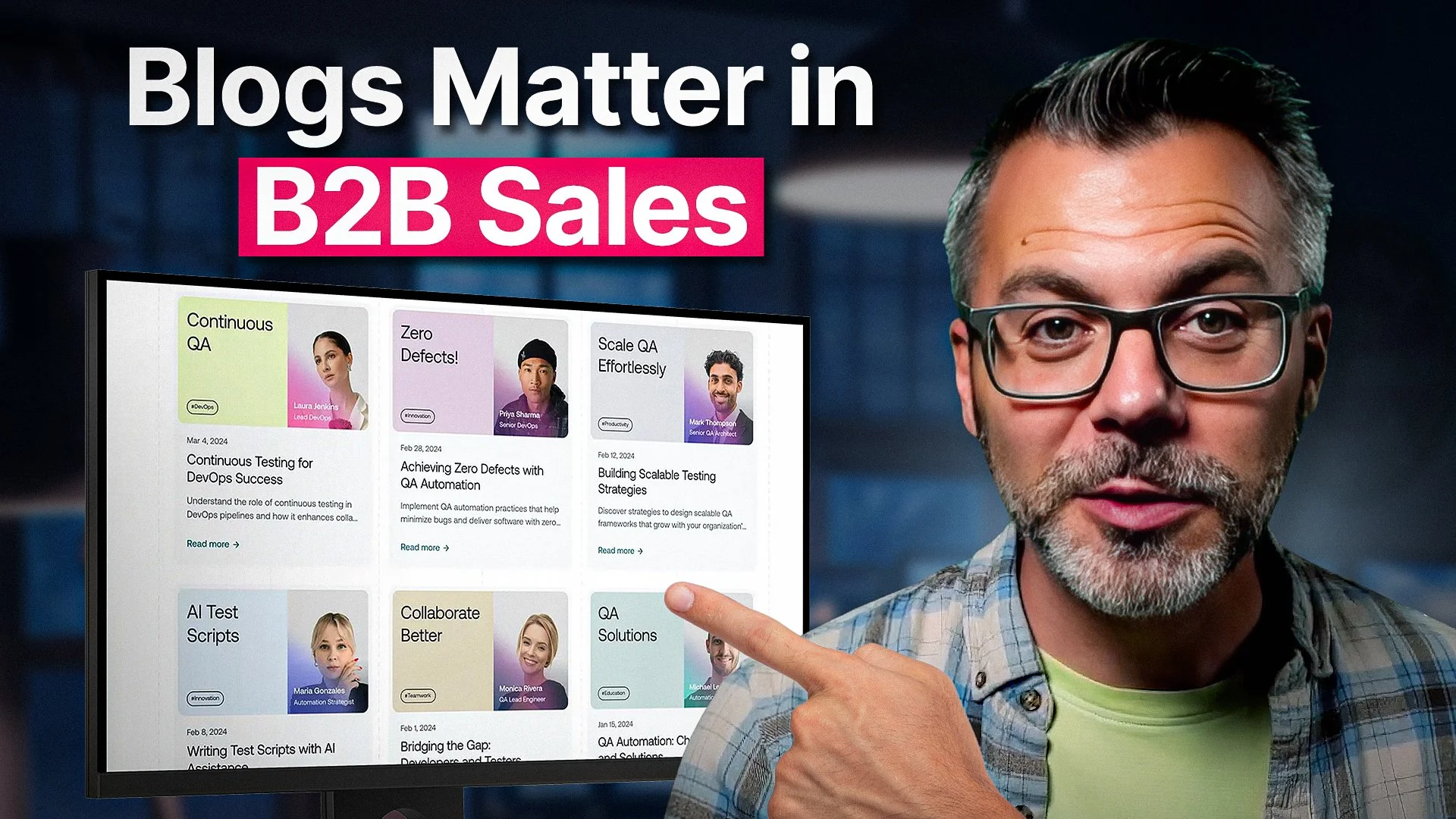
The "Cattle vs. Pet" Content Strategy
If your blog and social channels are quiet, your buyers assume you are too. This post breaks down why “cattle content” is your secret weapon in B2B sales—and how to use it to stay relevant, build credibility, and amplify your high-value assets.
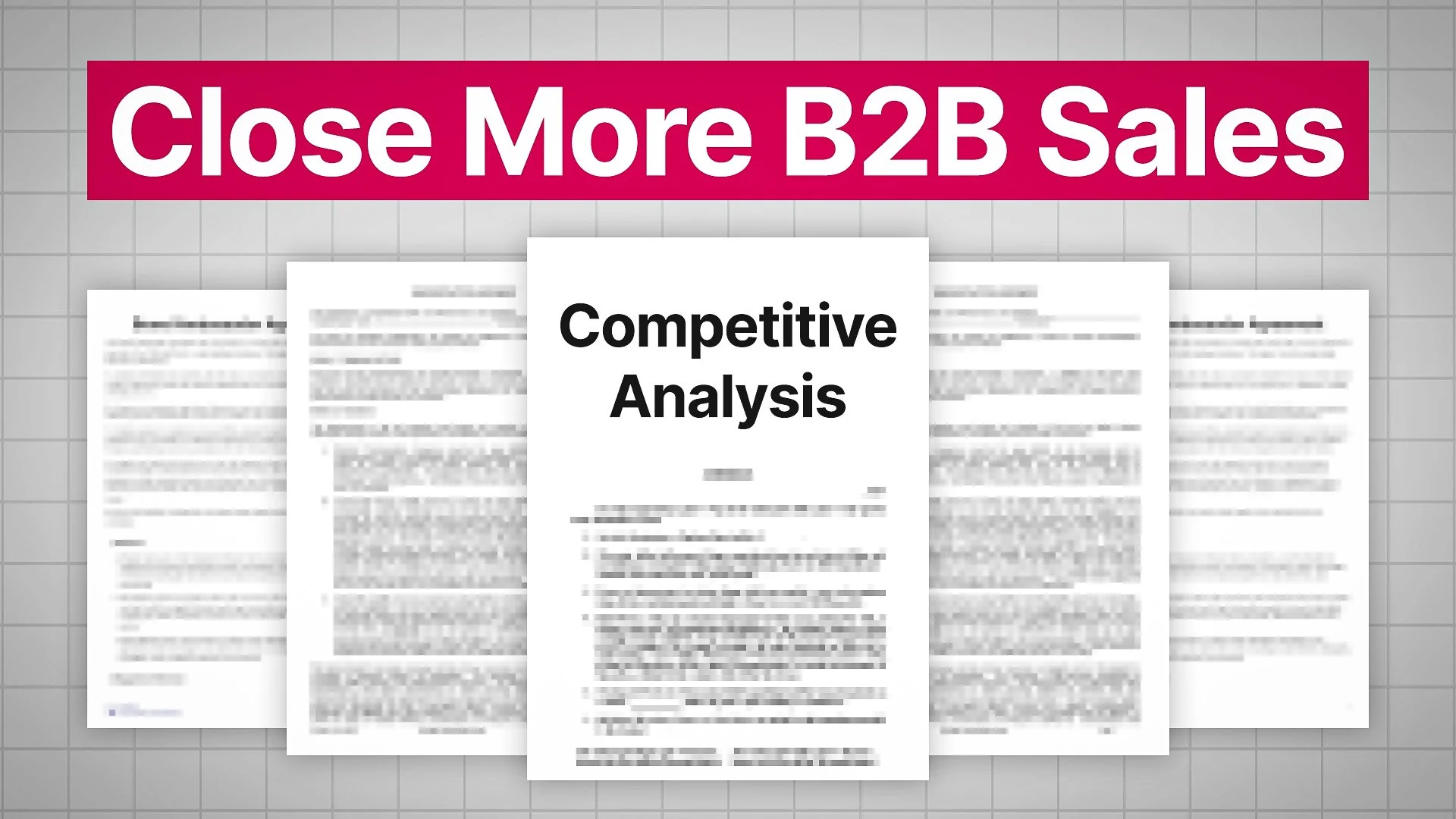
Your competitor is writing your sales script. You just don't know it yet.
If your reps are reacting to competitors mid-call, you’ve already lost the upper hand. This post shows how we use bold, honest competitive content to lead the conversation—and flip win/loss records in our clients’ favor.
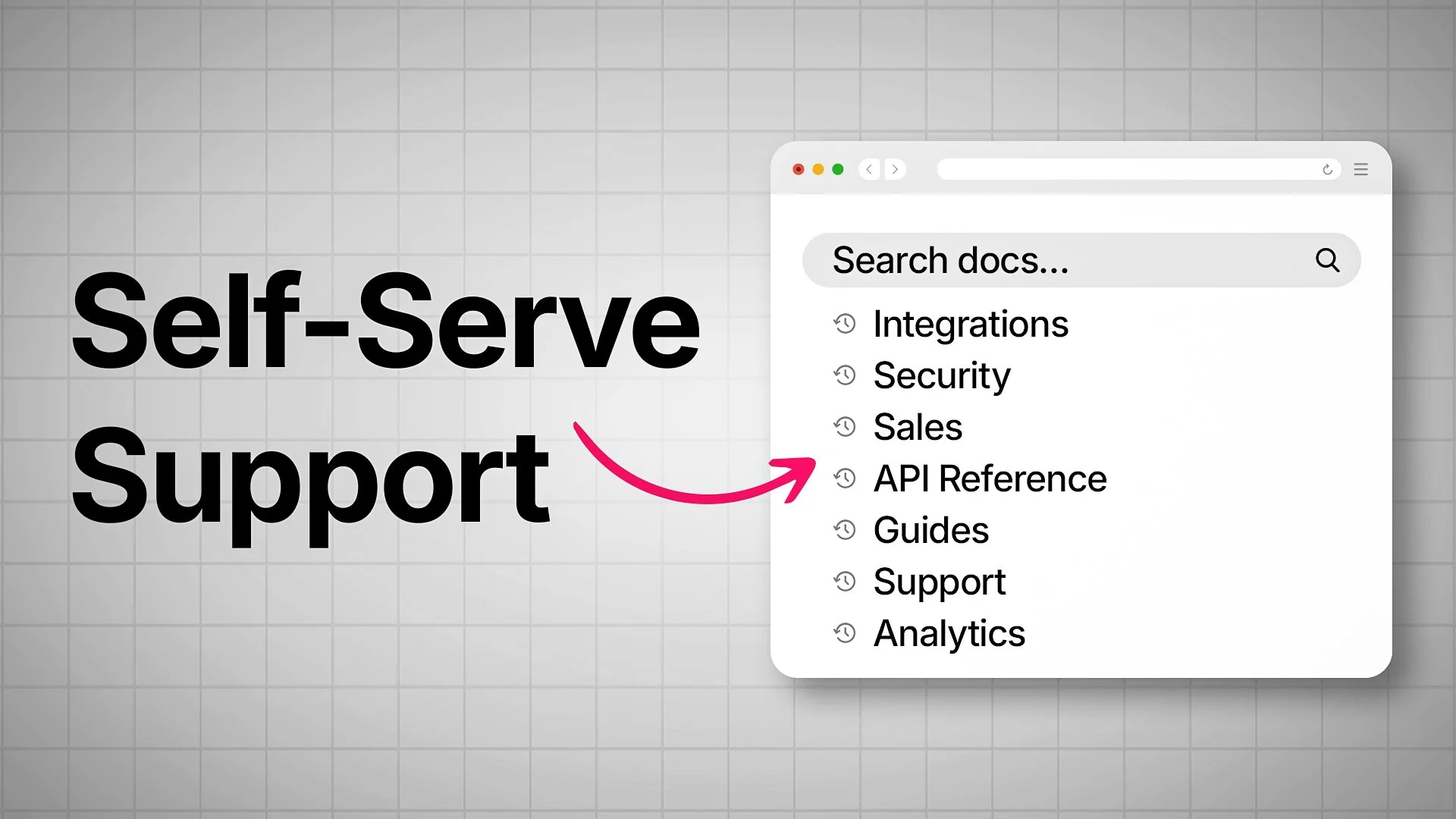
Your documentation is killing deals you don't even know about
If your product documentation is outdated, confusing, or nonexistent, you’re not just hurting your support team—you’re losing deals. This post breaks down how we use documentation as a silent closer in complex B2B sales.
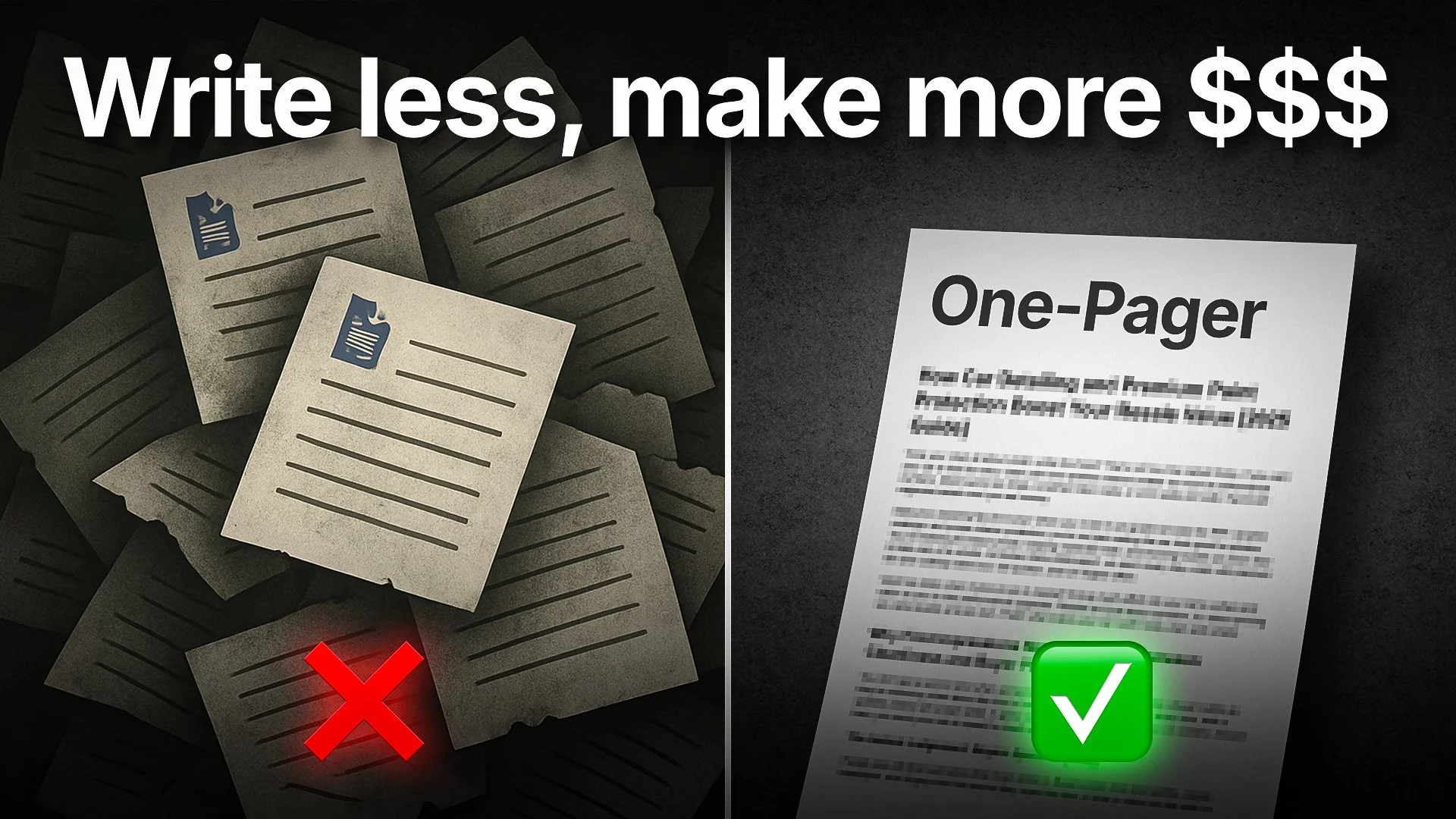
The tiny asset with outsized sales impact (the one-pager)
One-pagers aren’t just printable PDFs—they’re sales accelerators. This post breaks down the five types that actually move deals and the structure we use to make sure they never get ignored.
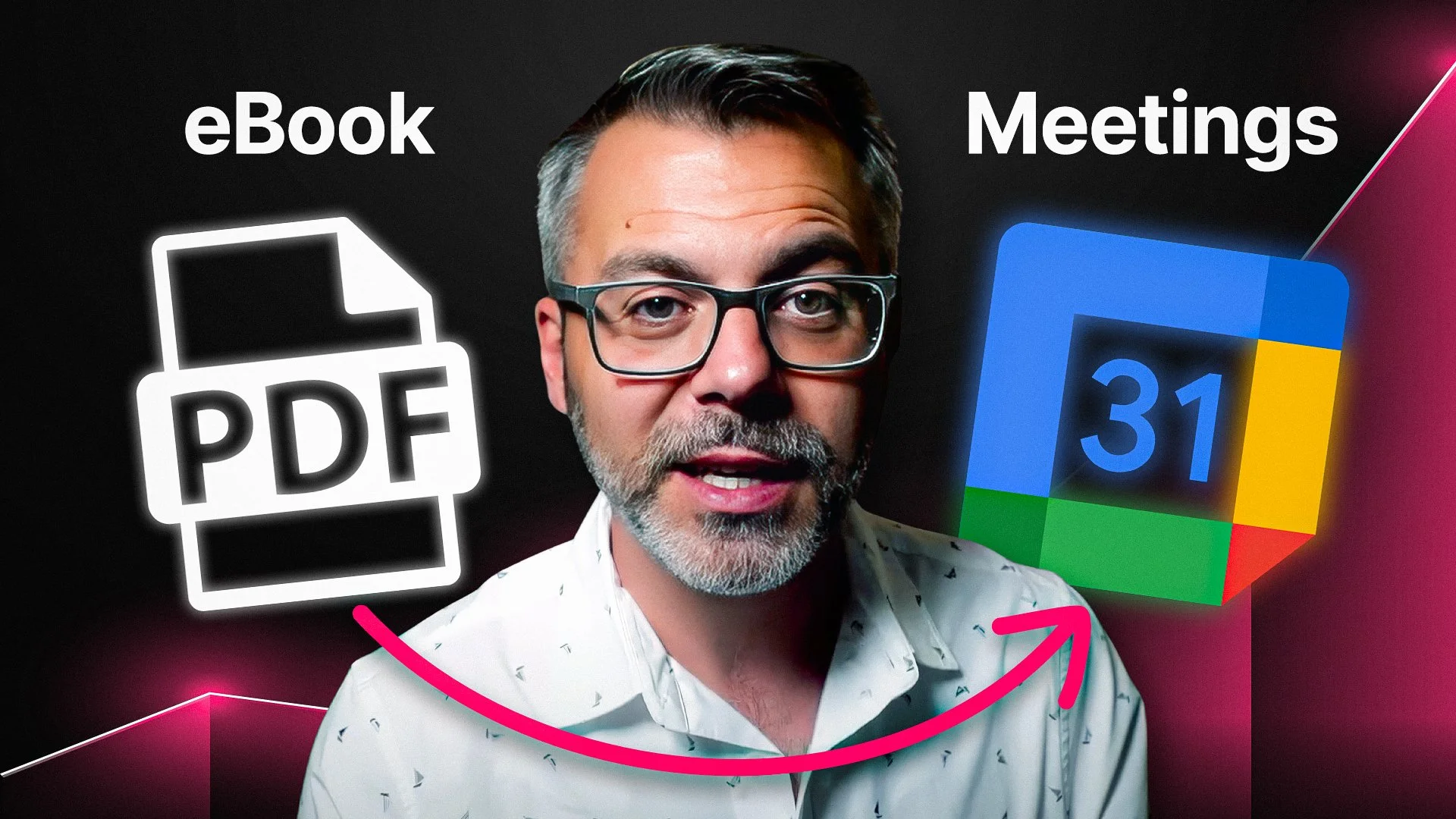
Yes, B2B buyers still read eBooks. But only the good ones.
If you think eBooks are outdated, you’re doing them wrong. This post shows how we use them to teach, persuade, and move deals forward—without sounding like a textbook or a sales pitch.

How case studies create mental movies your prospects can't resist
The best case studies don’t pitch—they persuade. They tell real customer stories with just enough detail to trigger belief, urgency, and momentum. This post shows how we write case studies that actually move buyers forward.

How a 30-page PDF can close $24 million deals (white paper breakdown)
If your white paper doesn’t include real research, proof, or depth, then it’s really just a blog post in disguise. This post walks through how we write white papers that influence six- to seven-figure B2B deals.

Your sales team doesn't understand what they're selling (and it's costing you deals)
If your reps are improvising on sales calls, your playbook is broken—or missing. This post breaks down what a sales playbook actually is, why it's foundational, and how to make one your team actually uses.

Why your “personalized” outreach gets deleted instantly
If your AI-written cold emails sound like marketing Mad Libs, you're just scaling irrelevance. This post breaks down what actually works in cold email and why better thinking beats better tools every time.

The content framework we’ve used for years (and still trust)
Not all content is worth the same—and it shouldn’t be priced or prioritized like it is. This post breaks down the pet vs. cattle content model we use with clients to drive both visibility and revenue, without wasting budget.

The 9-Step Process for AI Content That Actually Converts
If your AI content reads well but breaks trust, you’re sabotaging deals before they even start. Here’s the 9-part process we use at Edify to write high-performance content with AI, without losing credibility.




